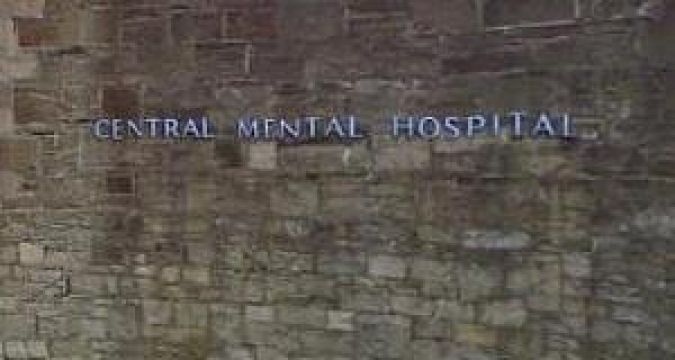A High Court challenge seeking the release from custody of a mentally ill murder accused has been dismissed.
His lawyers had claimed he needed to be transferred from a remand prison to the Central Mental Hospital (CMH) because he was in need of treatment at such a facility due to his psychotic state.
With the support of the man’s parents, they brought an application to have him released under Article 40 of the Constitution. They claimed his detention pending trial on the murder charge in the remand prison was invalid, due to a failure to vindicate his right to bodily integrity because of his right to medical treatment.
That treatment should be in the CMH but because it is at capacity and there were six people ahead of him on a waiting list, the court should order his release, it was argued.
Waiting list
His lawyers said, however, they would not be seeking his immediate release if they were granted the order, but would wait and see if his position on the waiting list improved.
Ms Justice Niamh Hyland ruled she was not persuaded that the man's right to bodily integrity - by a failure to transfer him - was breached to a sufficiently exceptional, egregious or fundamental extent such as to render his detention unlawful
In making that decision, the judge said she had regard to the fact that he was receiving treatment in prison, including supervision by psychiatrists from the CMH.
She had regard to the absence of any deliberate or intentional breach by the prison governor and the fact that his position from a treatment point of view would be worse if he was released into the community.
There was also the fact that he would find it more difficult to access the CMH if he was released from detention and that his condition is neither being caused, nor being actively worsened either on a temporary or permanent basis, by the current failure to admit him to the CMH.
CMH admission
There was also the fact that he is being actively considered for admission to the CMH on an updated basis from week to week, she said.
In relation to the man's lawyers suggestion that he would not have to be released immediately to see if his position on the CMH waiting list improves, she said such an open-ended order staying his release was might have the effect of the CMH abandoning its triage system and permitting this man's case to leapfrog those six people currently ahead of him.
That would disadvantage those currently ahead of him on the waiting list and might have the effect of putting pressure on the executive of expending resources to increase the number of beds in the CMH.
While that would be desirable from the point of view of the welfare of the man and others on the list, it was inappropriate that courts make orders that require, either directly or, as in this case, indirectly, the executive to expend resources or to interfere with the operation of hospitals, she said.







